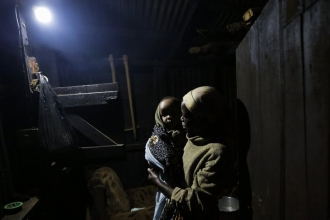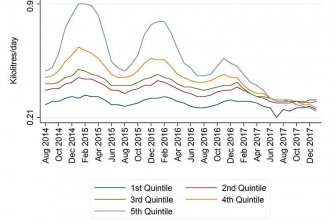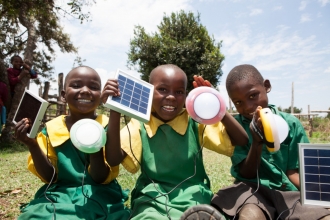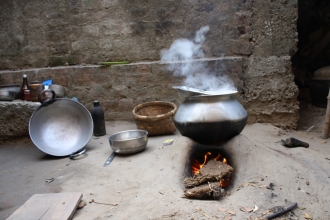How solar kits and battery lamps are replacing kerosene across Africa
For decades, people in rural Africa have been using sooty kerosene lamps to dimly light their homes. But in recent years households, even in poor areas, have started to replace their kerosene lamps with non-rechargeable dry-cell battery driven lamps and solar kits.




